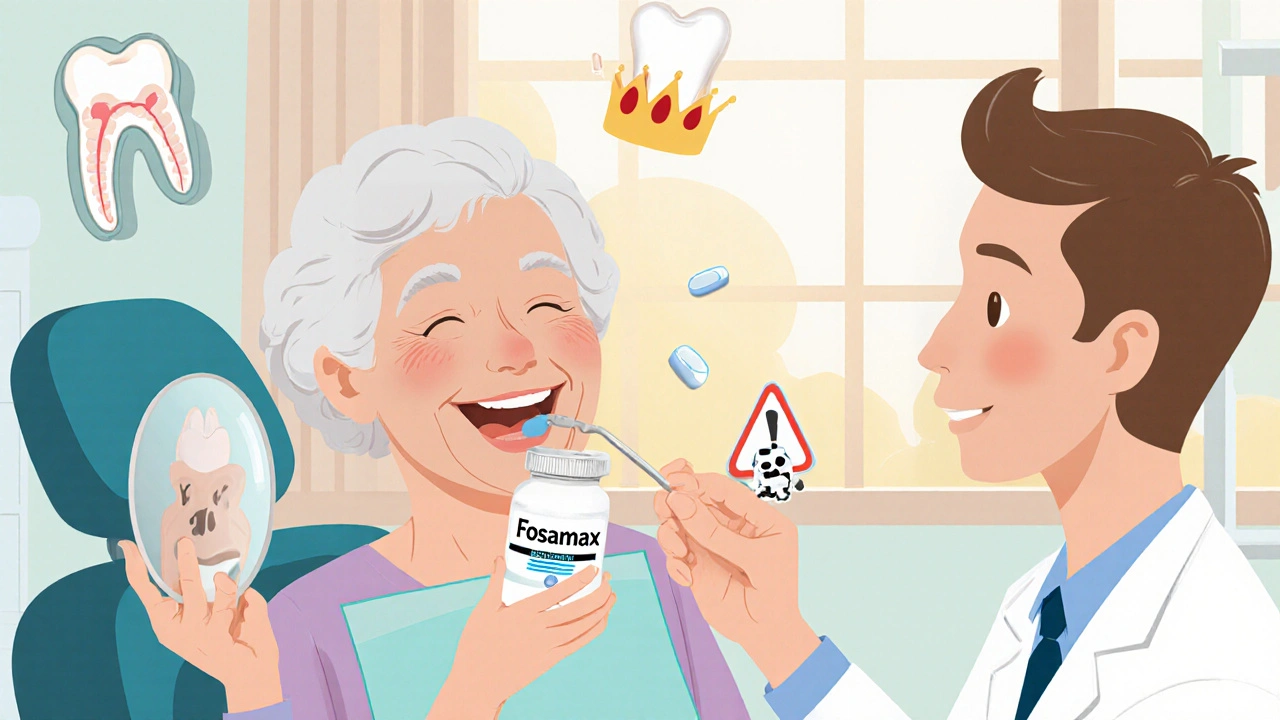Osteoporosis: What You Need to Know to Keep Your Bones Strong
Osteoporosis is a condition where your bones become weak and more likely to break. It sneaks up quietly, often without symptoms until a fracture happens, usually in the hip, spine, or wrist. Understanding osteoporosis is crucial because fractures can seriously affect your mobility and quality of life.
So, what causes bones to lose strength? Aging naturally thins bones, but lifestyle factors like poor diet, lack of exercise, smoking, and excessive alcohol increase the risk. Women are especially vulnerable after menopause when estrogen levels drop, speeding bone loss.
Identifying Osteoporosis and Its Risks
Doctors usually check bone density through a test called DEXA scan to see if you have osteoporosis or are at risk. Knowing your risk can help you take action early. Also, if you have broken a bone easily or have a family history of osteoporosis, it’s smart to talk to your doctor about testing.
Low calcium and vitamin D intake, sedentary habits, and certain medications can also weaken bones. Even simple activities, like standing up or twisting your body, might lead to fractures if your bones are fragile.
How to Protect Yourself and Manage Osteoporosis
Preventing osteoporosis starts with lifestyle changes. Getting enough calcium and vitamin D is a must. Foods like dairy, leafy greens, and fortified cereals help, but supplements might be needed if you don’t get enough through diet. Regular weight-bearing exercises like walking, dancing, or resistance training strengthen bones over time.
Medication can also play a key role. Drugs like bisphosphonates slow bone loss and lower fracture risk. Your doctor can guide you on what’s best based on your health and risk factors. Remember, staying active and changing habits can work hand-in-hand with treatment to keep your bones healthier for longer.
Living with osteoporosis means being cautious to prevent falls and fractures. Simple steps like removing trip hazards at home and using support when needed reduce injury risks. Recognizing early signs and acting quickly by consulting healthcare providers is your best bet to maintain independence and well-being.
Overall, understanding osteoporosis empowers you to take control. By combining smart lifestyle choices with medical care, you can protect your bones and keep moving comfortably.

Osteoporosis Medications: Bisphosphonates and Jaw Necrosis Risks
Bisphosphonates effectively reduce osteoporosis fractures but carry a rare risk of jaw necrosis. Learn the real numbers, who’s at risk, and how to stay safe without stopping your medication.

Osteoporosis in Men: Myths, Facts, and Prevention Tips
Osteoporosis is often thought of as a condition affecting women, but men are also at risk. This article aims to debunk common myths about osteoporosis in men, provide interesting facts and useful tips, and discuss ways to prevent and manage this condition. By understanding the reality of osteoporosis, men can take proactive steps to maintain their bone health.





